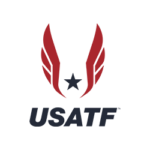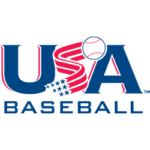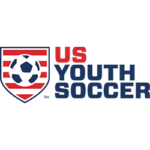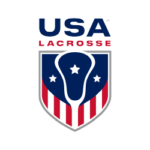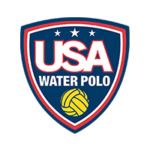NCAA Eligibility Requirements for Student-Athletes
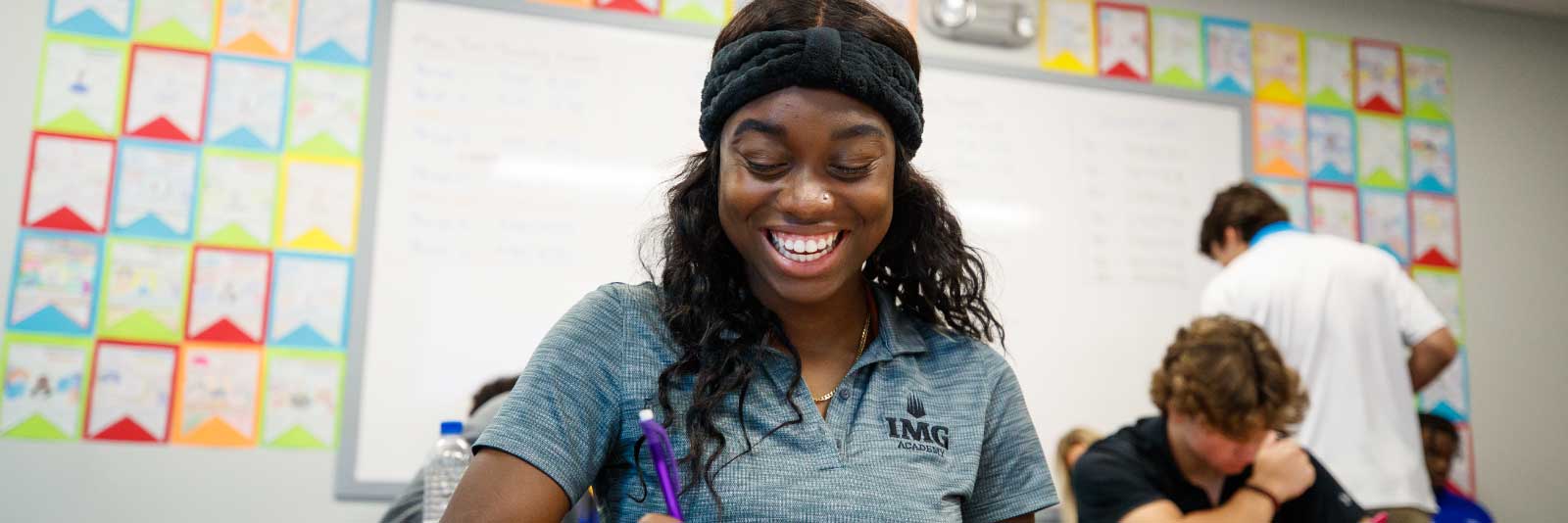
NCAA eligibility is based on a student-athlete’s academic readiness and amateur status. If you’re thinking about playing college sports, it’s crucial to know what this means – and it’s best to start learning now.
Read on to stay up to date on the most recent NCAA eligibility rules for student-athletes.
Quick Links
NCAA eligibility rules and academic requirements
In response to the COVID-19 pandemic, the NCAA temporarily eased initial eligibility requirements by removing standardized testing. This change will now become a permanent policy for students starting college full-time from the 2023-2024 academic year onward.
This means the NCAA will no longer require standardized testing as part of the eligibility criteria.
Your academic eligibility is based on two factors:
- Core Course Requirement: You’ll need to pass 16 approved NCAA Core Courses during your high school years. Exact requirements vary slightly between D1 and D2 schools. View our full breakdown of the NCAA core course requirements.
- Core Course GPA: Your GPA will be calculated based on your performance in core courses, not your entire high school transcript. The NCAA provides a core course worksheet to help, but we recommend you meet with your high school counselor too. Here’s more more information on how to determine your core course GPA.
Did You Know? 75% of college student-athletes typically meet NCAA academic minimums. Just because you are a good student doesn’t guarantee academic eligibility. Surprisingly, every year, student-athletes with 3.5+ GPAs and honors courses are declared academically ineligible due to not meeting one of the following NCAA eligibility requirements.
Although the NCAA isn’t making the SAT or ACT mandatory, you may still need to take them. Some colleges continue to expect these scores for admission and specific scholarships may request them too. It’s a good idea to check what each college and scholarship requires to make sure you meet all the criteria.
NCSA can help you prepare for the SAT/ACT through Method Learning. Think of it as making sure you have the right tools for your academic game – you wouldn’t want to miss an opportunity just because you weren’t prepared!
NCAA amateurism requirements
Your amateur status is determined by following NCAA amateurism rules, which are in place to ensure that student-athletes do not receive compensation or benefits that could jeopardize their amateur status. Students who are enrolling at a D1 or D2 school for the first time must obtain a final amateurism certification before becoming eligible to participate in college sports.
Examples of situations that may impact a prospective student-athlete’s amateur status include:
- Having received prize money (beyond participation reimbursement).
- Signing contracts or receiving benefits from agents.
- Receiving money for promoting products or services.
- Making money using their athletic ability or fame.
- Delaying full-time collegiate enrollment to compete in organized sports.
The new NIL (Name, Image, and Likeness) rules allow college athletes to earn money from endorsements and promotions while remaining amateurs. However, it’s important to understand these rules, including state laws, to ensure you maintain your eligibility.
You can learn more about the NCAA NIL policy here.
NCAA Division 1 eligibility requirements
For high-school athletes enrolling in college full-time in 2023-24 and beyond:
- Complete 16 core courses using pass/fail grades:
- English: 4 years
- Math (Algebra 1 or higher): 3 years
- Natural/Physical Science (Including 1 year of lab, if offered): 2 years
- Social Science: 2 years
- Additional Courses
- English, Math or Science: 1 year
- English, Math, Sciences, Foreign Language, Comparative Religion or Philosophy: 4 years
- Core Course Progression: You must complete 10 core courses by the beginning of senior year, or seventh semester. Among these 10, seven must be in the subjects of English, math or natural/physical science. This is known as the 10/7 rule.
- Earn a core course GPA of 2.3 or higher
- Graduate high school
- Receive final certification on your amateurism status via the NCAA Eligibility Center
Once you enter your senior year, the grades you’ve received in your core courses are “locked in” and cannot be changed. If you’re currently a junior in high school, it’s crucial to keep an eye on your core course count. You might need to take additional courses during the summer between your junior and senior years to meet this requirement.
NCAA Division 2 eligibility requirements
For high-school athletes enrolling in college full-time in 2023-2024 and beyond:
- Complete 16 core courses using pass/fail grades:
- English: 3 years
- Math (Algebra 1 or higher): 2 years
- Natural/Physical Science (Including 1 year of lab, if offered): 2 years
- Social Science: 2 years
- Additional Courses
- English, Math or Science: 3 year
- English, Math, Sciences, Foreign Language, Comparative Religion or Philosophy: 4 years
- Earn a core course GPA of 2.2 or higher
- Graduate high school
- Receive final certification on your amateurism status via the NCAA Eligibility Center
NCAA Division 3 eligibility requirements
Division 3 schools are responsible for setting their own academic eligibility rules. If you are going to be competing for a D3 institution, or if you are unsure what division level you’ll be competing at, you can start with a free NCAA Profile page. If you do decide to pursue a D1 or D2 program, you can always transition to a Certification Account later.
Academic status: What your academic status with the NCAA means
The NCAA will only review an athlete’s eligibility status if their status has been requested by a D1 or D2 college. This process will begin once you graduate high school and complete the minimum 16 core courses with a minimum GPA average in these courses.You also need to request your final amateurism certification from the NCAA Eligibility Center.
Once the NCAA reviews your account, they will assign you an “Academic Status.” Here are the various statuses you could receive and what they mean:
- Final Qualifier: You meet all of the academic requirements and can receive an athletic scholarship your first year.
- Early Academic Qualifier: This status is based on your academic record after six semesters of high school. It means you are eligible to receive an athletic scholarship and practice/compete with your team during your first year of full-time college enrollment. Make sure to meet with your college’s compliance office to confirm this status.
- Final Nonqualifier: You do not meet the academic requirements and are not eligible to compete or practice at the college requesting your final status. You will not be eligible to receive an athletic scholarship.
- Final Partial Qualifier: This is a status for only D2 schools. Athletes with this status can receive an athletic scholarship and practice with the team, but you are not eligible to compete your first year in college.
- Under Review: The NCAA Eligibility Center is reviewing a unique academic situation related to your case.
- Academic Redshirt: This means you will be eligible to receive an athletic scholarship and practice but will not be allowed to compete during your first year in school. Only athletes enrolling in a Division 1 school after August 1, 2016, are eligible for this status.
- Automatic Waiver Approved: This indicates that you are immediately eligible to receive an athletic scholarship, and practice/compete with your team during your first year as a full-time enrollee. Contact your college’s compliance department for more details.
- HS Decision Pending: If your high school courses are not NCAA Approved, the NCAA will likely need to make a more in-depth review of your high school classes.
- In Process: The NCAA Eligibility Center is reviewing your case. Usually, cases remain in process for no more than two business days.
- Secondary Review: On rare occasions, the NCAA will make a secondary review of your status. This will only happen with the help of your college compliance office.
- Waiver Approved: From time to time, your colleges compliance office will file for a waiver if they think you will meet one of the cases for academic waivers. This status means that the waiver has been approved.
- Waiver Denied: If your compliance office has filed for a waiver and it is denied, you will receive this status. This likely means you will not be eligible for a scholarship or to compete.
- Waiver Partially Approved (athletics aid only): If your compliance office has filed for a waiver on your behalf, it might be partially approved. This would mean you are eligible to receive an athletic scholarship but are not eligible to practice or play your first year in college.
- Waiver Partially Approved (aid and practice): If your compliance office has filed for a waiver on your behalf, this status would mean you are eligible to receive an athletic scholarship and practice, but you will not be eligible to compete your first year in college.
NCAA COVID ELIGIBILITY POLICIES
The chart below has been created to help people understand the NCAA’s new legislation and stay informed about COVID-19 policies that might affect students who start full-time enrollment in the academic year 2023-24 and later.
See these NCAA initial eligibility FAQs regarding COVID-19 policies for more info.
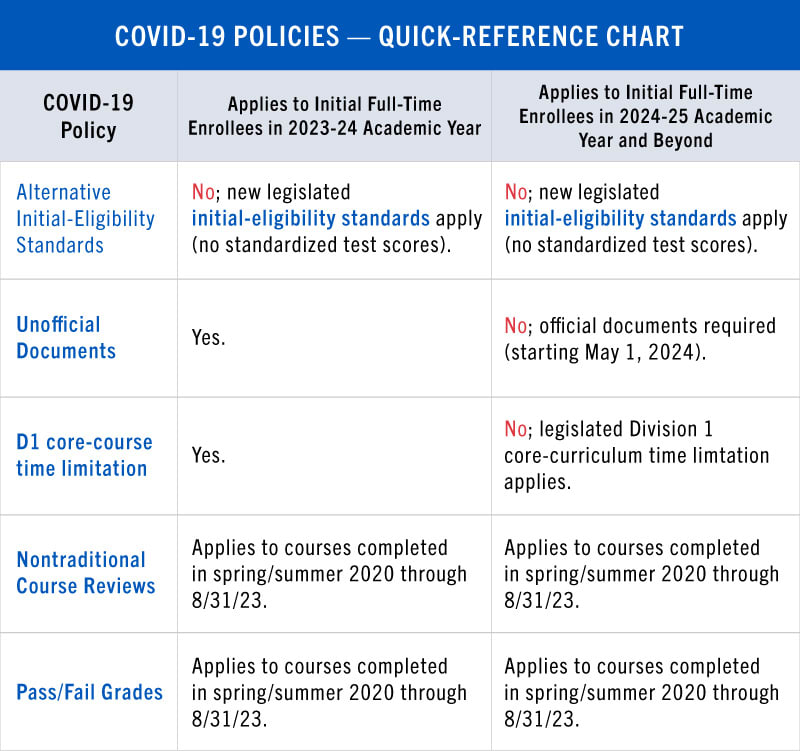
NCAA eligibility FAQs
Is the SAT/ACT required for NCAA eligibility?
No. In January 2023, the NCAA voted to remove test score requirements for initial eligibility for incoming college freshmen student-athletes following a recommendation from the NCAA Standardized Test Score Task Force.
What are the NCAA academic eligibility requirements?
To meet NCAA academic eligibility requirements, student-athletes must complete a specific set of high school core courses, maintain a minimum GPA in these courses, and graduate from high school.
How long do you have NCAA eligibility?
NCAA eligibility rules allow student-athletes 5 years to compete athletically in 4 seasons.
What is the NCAA 10/7 rule?
The 10/7 rule is a specific requirement for NCAA D1 eligibility. It means you must complete 10 of the required 16 core courses before your senior year of high school, or seventh semester. Seven of these 10 courses should be in subjects like English, Math or Natural/Physical Science. This rule doesn’t apply to students with international academic credentials, including those from Canada.







